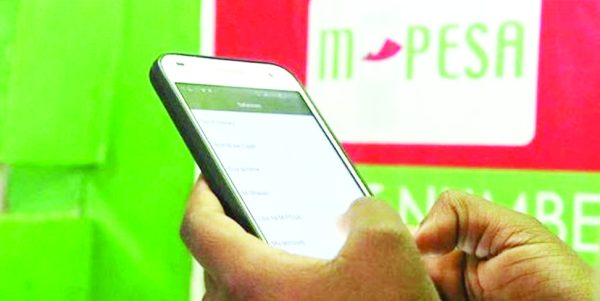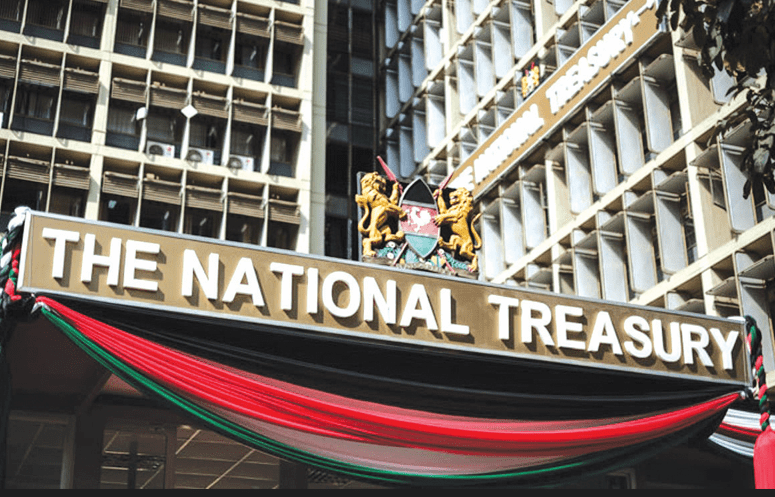Why your Fuliza limit is not growing, Safaricom explains

A number of Safaricom customers have expressed frustration over stagnant Fuliza and M-Shwari loan limits, despite regular usage of mobile services.
A recent query posted by a customer named Job on Safaricom’s official Facebook page asking: “When are you going to increase my Fuliza limit and M-Shwari?” shed light on this widespread concern.
Safaricom’s response was both detailed and telling of how credit scoring and mobile loan qualifications work behind the scenes.
The telco clarified that loan limit qualification is not handled manually, nor is it based on one specific criterion. Instead, the system automatically evaluates several factors tied to a user’s activity and creditworthiness.
“Loan limit qualification is not a manually operated function,” Safaricom said in its Facebook reply.
“The system takes into consideration your average Safaricom products and services usage, like data, voice, M-Pesa, as well as your savings, before allocating a limit at the discretion of the bank.”
This means the more a customer engages with Safaricom services—whether through buying data, making calls, or transacting regularly via M-Pesa—the higher their chances of getting an increased Fuliza or M-Shwari loan limit.
But even with frequent usage, some users still see no changes to their limits, leading to confusion.
According to Safaricom, usage alone is not enough. The system also evaluates a customer’s borrowing behaviour, including their debt repayment history across various services such as Fuliza and Okoa Jahazi.
“Fuliza checks your debt repayment history, and this includes Okoa Jahazi,” the company stated, emphasising the role of timely repayments in loan qualification.
External credit records
In addition to internal repayment data, Safaricom urged customers to check their status with the Credit Reference Bureau (CRB), pointing out that external credit records are equally important.
“Your Fuliza limit also depends on your CRB status,” Safaricom explained. “Qualification for loan facilities depends on the credit score.”
This means customers listed negatively at the CRB—often due to unpaid loans from other digital lenders—may see their limits reduced or capped entirely, even if they are regular Safaricom users.
A low credit score or a poor repayment history flags a customer as high risk, making it harder for banks to extend credit through platforms like M-Shwari or Fuliza.
Fuliza is a mobile overdraft service that allows M-Pesa users to complete transactions even when their balance is insufficient.
It has become a vital tool for many Kenyans, especially for emergencies and small daily purchases. M-Shwari, on the other hand, is a savings and loan product offered in partnership with NCBA Bank.
As the digital lending landscape matures, Safaricom has continued to balance risk with accessibility. While many customers seek higher loan limits, the company is firm that responsible financial behaviour—both within and outside the Safaricom ecosystem—plays a critical role in determining access to credit.
For users wondering why their limits remain unchanged, the message is clear: increase your usage of Safaricom services, repay your loans on time, and ensure your CRB status is clean.
Only then might the system consider you eligible for higher loan amounts.















